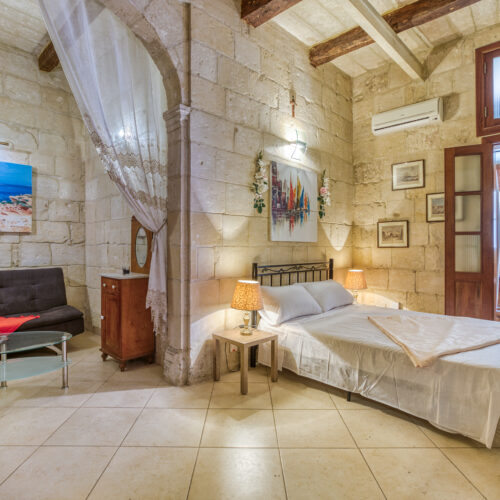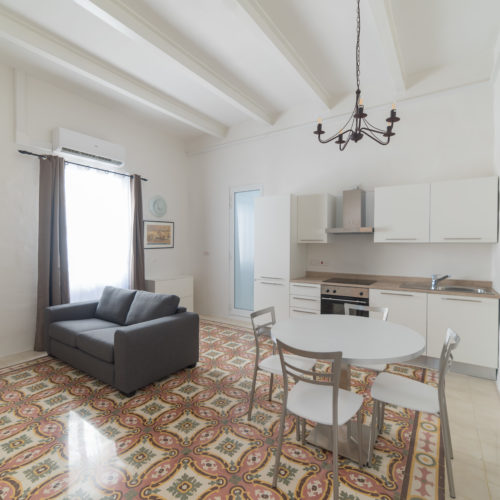The accommodation market is a dynamic sector that necessitates constant monitoring to fine-tune strategies regarding the provision of additional facilities and refurbishing existing amenities.
Research carried out by Casa Rooms has indicated that around 160 rooms were launched in Valletta throughout 2018 spread over eight boutique guesthouses and hotels. At a prudent annual rate of 75 per cent occupancy, this indicates that 87,000 room nights per annum or 7,000 room nights per month have been created in Valletta over the past calendar year.
One of the key factors of the National Statistics Office data released in relation to collective accommodation (guesthouses, hotels, etc) is such that, the month of October 2018 registered an increase of only 11,626 room nights, while November saw a decrease of 27,037 room nights in comparison to the previous year.
Throughout this report, the NSO notes that number of nights spent at private accommodation in 2018, such as apartments, has increased. Airbnb analytics website AirDNA indicates that the number of accommodation properties in Valletta have increased from 257 in 2016 to 629 in January 2019.
“It is opportune that the government, in collaboration with hospitality industry stakeholders, undertakes an exercise into Malta’s bed stock needs and expected capacity increase”
NSO data has shown that the room nights for private accommodation for October and November 2018 increased by 119,691 and 109,539 respectively over the previous year. This sector is one on which numerous families depend on as a form of additional income, through the provision of such accommodation.
It will be interesting to see how the proprietors of private accommodation in Valletta will adapt to the increase in hotels in the area, such that they may begin operating hybrid models (such as short lets in summer and long lets in winter). In addition, the majority of the Valletta hotels have been finished to an extremely high standard, and thus it bears to be seen how hotels’ management react to the evolving market dynamics.
It is opportune that the government, in collaboration with hospitality industry stakeholders, undertakes an exercise into Malta’s bed stock needs and expected capacity increase, especially in relation to the increasing arrivals from the North African market and other markets that had been negatively affected by recent events in such countries.
The above scenario is going to place further pressure on Maltese hoteliers to ensure that their guests continue to enjoy a valued experience not just in relation to a Maltese product but also with respect to the choice of destinations our prospective guests will consider prior to choosing Malta.
Focus must also be placed on attracting tourists who want to come to Malta to experience our islands’ unique characteristics that differentiate us from other Mediterranean destinations which compete on the sun and fun offerings.
Author: Thomas Cremona is founder of Casa Rooms and co-founder of Casa Boutiques.






